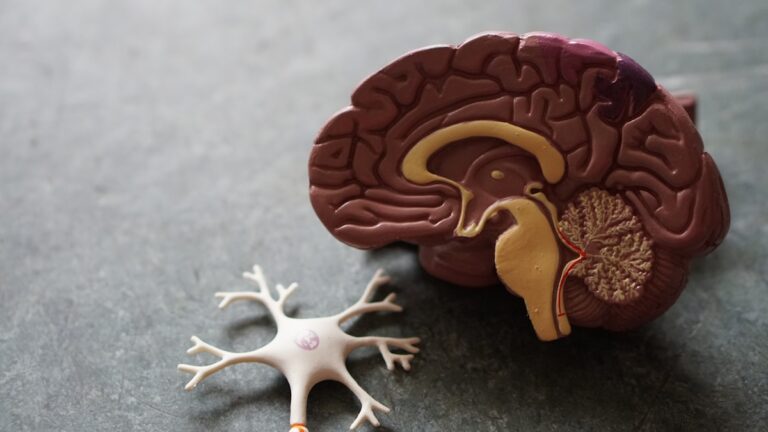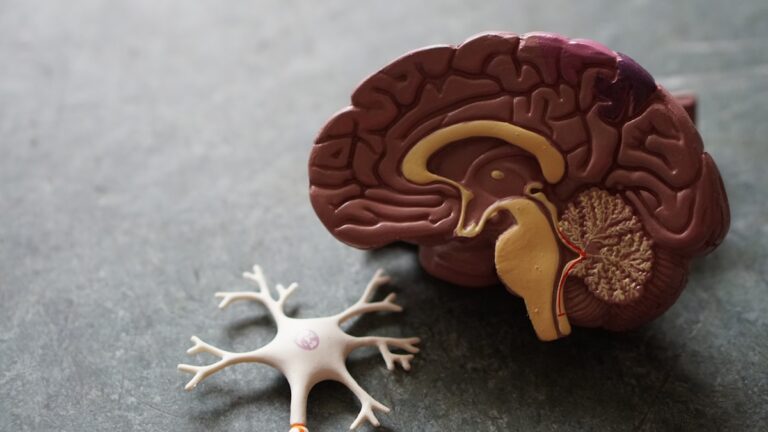Alzheimer’s disease is a debilitating and progressive neurodegenerative disorder that affects millions of people worldwide. It is characterized by memory loss, cognitive decline, and behavioral changes, ultimately leading to complete dependence on others for daily activities. Currently, there is no cure for Alzheimer’s disease, and treatments only aim to manage symptoms and slow down the progression of the disease.
As the global population continues to age, the prevalence of Alzheimer’s disease is expected to increase significantly. According to the World Health Organization, there are currently around 50 million people living with dementia, with an estimated 10 million new cases every year. By 2050, this number is projected to triple, with approximately 152 million individuals living with dementia.
This staggering statistic highlights the urgency of finding ways to prevent or slow down the onset of Alzheimer’s disease. However, with advancements in medical technology and research, the future of Alzheimer’s prevention and care looks promising.
Prevention strategies:
One of the most significant challenges in preventing Alzheimer’s disease is that it is a complex condition with multiple risk factors. While age and genetics play a significant role in developing the disease, there are other modifiable risk factors that can be targeted for prevention.
Lifestyle changes, such as regular exercise, a healthy diet, and social engagement, have been shown to have a positive impact on brain health and reduce the risk of Alzheimer’s disease. Physical activity has been linked to improvements in cognitive function and a reduced risk of cognitive decline. Similarly, a Mediterranean-style diet rich in fruits, vegetables, whole grains, and healthy fats has also been associated with a lower risk of Alzheimer’s disease.
Furthermore, staying socially active and engaged has been shown to have positive effects on brain health. Studies have found that individuals who maintain strong social connections have a lower risk of developing dementia. This could be due to the mental stimulation and support provided by social interactions.
In addition to lifestyle changes, researchers are also exploring the use of medications and supplements in preventing or delaying the onset of Alzheimer’s disease. While there is currently no FDA-approved drug to prevent Alzheimer’s, several clinical trials are underway to investigate the potential benefits of different treatments.
For example, a study published in the Journal of the American Medical Association found that a combination of nutritional supplements, including omega-3 fatty acids, vitamin D, and B vitamins, may help slow cognitive decline in individuals with mild cognitive impairment. Other studies are looking at repurposing existing drugs, such as diabetes and cholesterol medications, for potential preventive benefits against Alzheimer’s disease.
Early detection and diagnosis:
Another critical aspect of Alzheimer’s prevention is early detection and diagnosis. Currently, Alzheimer’s disease can only be definitively diagnosed after death through an autopsy. However, researchers have made significant progress in developing early detection methods that can detect changes in the brain long before symptoms appear.
One promising approach is the use of biomarkers – measurable indicators of disease processes in the body – to detect early signs of Alzheimer’s disease. These biomarkers can include changes in brain structure and function, levels of specific proteins in the blood or cerebrospinal fluid, and changes in gene expression.
The development of biomarker tests could allow for earlier detection of Alzheimer’s disease, allowing individuals to start preventative interventions earlier. It could also improve the accuracy of clinical trials and lead to more targeted and effective treatments for the disease.
Future developments in care:
In addition to prevention strategies, there are also exciting developments in Alzheimer’s care that could improve the quality of life for individuals living with the disease and their caregivers.
One area of research is focused on developing new drugs that target the underlying mechanisms of Alzheimer’s disease. Current treatments only address symptoms, but researchers are looking at ways to prevent or slow down the buildup of amyloid plaques and tau tangles in the brain, which are characteristic features of Alzheimer’s disease.
Another aspect of Alzheimer’s care that is gaining attention is the use of technology. Virtual reality, gaming, and smartphone applications are being explored as potential tools for cognitive training and rehabilitation for individuals with dementia. These technologies can enhance social interaction, improve cognitive function, and reduce the risk of depression and anxiety in individuals with Alzheimer’s disease.
Moreover, telemedicine is also being used to provide remote care and support for individuals with Alzheimer’s disease and their caregivers. This can include virtual doctor appointments, online support groups, and medication management through mobile applications.
Conclusion:
The future of Alzheimer’s prevention and care looks promising, with ongoing research and advancements in technology. While there is still much to learn about this complex disease, the potential for earlier detection and more effective treatments offers hope for the millions of people affected by Alzheimer’s.
In addition to scientific developments, it is crucial to continue raising awareness about the importance of lifestyle factors in preventing Alzheimer’s disease. Simple changes like regular exercise, a healthy diet, and staying socially active can have a significant impact on brain health.
Furthermore, it is essential to prioritize support for individuals living with Alzheimer’s disease and their caregivers. As the prevalence of this disease continues to rise, it is vital to provide resources and services to help manage the physical, emotional, and financial burden of caring for someone with Alzheimer’s.
In conclusion, while there is no cure for Alzheimer’s disease yet, there is hope for a future where we can prevent or delay its onset and provide better care for those living with the disease. With continued research and a commitment to healthy living, we can strive towards a world without Alzheimer’s.





